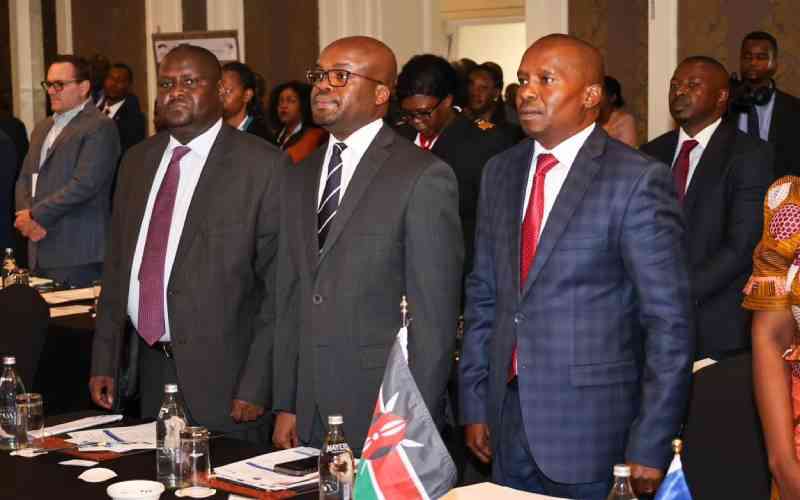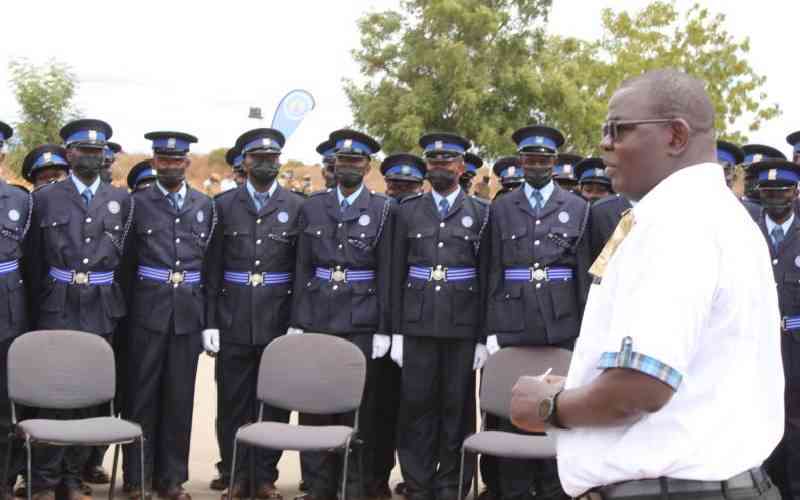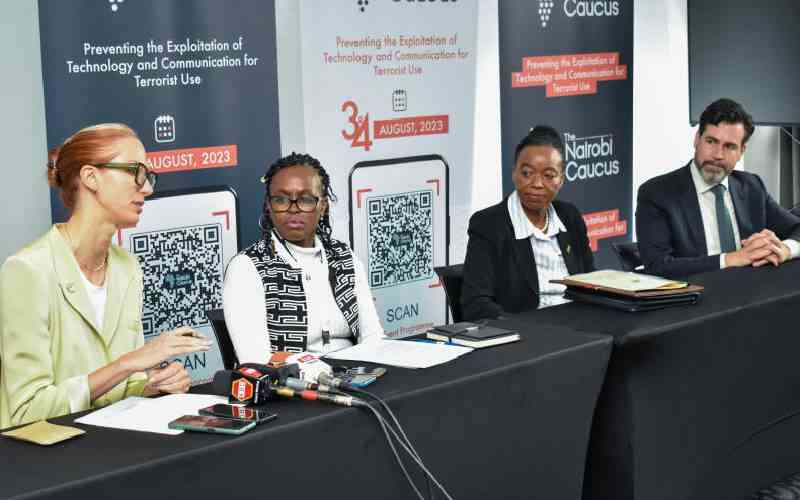It is important as a society that we don’t allow the collective reflection about terrorism to just fizzle out. Terrorism is a costly affair economically, socially and individually. Whole regions are rendered hostile to both local and foreign investments, and entire people are branded in broad strokes.
Suggestions have been forwarded on developing post-secondary military training to equip people with the requisite skills to be alert to terrorist threats and ward off these terrorists in case of an invasion. While this is a good suggestion, there are broad consultations and crucial economic considerations that need to be put in place to make it workable.
What we need to do is ask ourselves why we are so prone to terrorist attacks. Of course there are many angles to the question. I will explore the issues of distrust and suspicion — two well-known negative emotions/attitudes. I don’t think we have generally appreciated that distrust and suspicion are also important survival tools.
Signs of threat
Psychologists have demonstrated that our brains are, in fact, designed like a siren set to go on alert at any possible sign of threat. Yet, in many of us, this important tool of survival has been concealed by three factors: religion, culture and education.
When it becomes a crime to interrogate theologies because we fear suffering divine or mob retribution, then we create perfect grounds for fostering the culture of terrorism and suspending personal responsibility for personal safety.
There is a sense in which many varieties of Christianity tend to be oriented towards martyrdom, at least in spirit. The famous golden rule of loving one’s neighbour as oneself tends to be taken to the limits of reason, and is defined as being defenceless even in the face of possible injury.
Thus, a child born in a typical Christian home will tend to approach the world with a naïve mind and trusting eyes because of this foundation of uncritical interrogation.
I recall one Hindu entrepreneur telling me the reason the Asian community tends to do well in business and in personal security is because children are trained from an early age to make a distinction between trust that is owed to family members and trust owed to the public.
The family requires undiluted trust because it’s from it that one derives his or her sense of security. This is unconditional trust straight from the heart. The trust owed to the public is role based, and for that reason, conditional.
And when it comes to education, some of our cultures and schooling systems tend to discourage the sharing of ideas with the young, who are better off seen and not heard. But it’s a psychological truism that when children are encouraged to ask questions, however embarrassing to adults, they will have a better grasp of reality.
They will interrogate everything they have received or acquired from their parents and mentors, from ideas about religion to life in general, and forge their own identity. This way, they will face the challenges that come in life as realistic beings.
Naïve trust
The good girl/good boy personalities that have been hyped by adults, largely for their convenience, may not be tenable in the face of terror and other related attacks. There is, therefore, a need to develop a personality that views all strangers as potentially injurious to one’s life.
And we should not stop there. We must imagine that in every waking hour, we are vulnerable to real threats and learn how to respond to various kinds of dilemmas.
Stay informed. Subscribe to our newsletter
There is need to interrogate thoroughly all institutions that promote the idea of a naïve trust that demands unquestioned acceptance of ideas, or that encourage people to view strangers as well meaning. When this happens, people become co-conspirators to their own destruction.
 The Standard Group Plc is a
multi-media organization with investments in media platforms spanning newspaper
print operations, television, radio broadcasting, digital and online services. The
Standard Group is recognized as a leading multi-media house in Kenya with a key
influence in matters of national and international interest.
The Standard Group Plc is a
multi-media organization with investments in media platforms spanning newspaper
print operations, television, radio broadcasting, digital and online services. The
Standard Group is recognized as a leading multi-media house in Kenya with a key
influence in matters of national and international interest.
 The Standard Group Plc is a
multi-media organization with investments in media platforms spanning newspaper
print operations, television, radio broadcasting, digital and online services. The
Standard Group is recognized as a leading multi-media house in Kenya with a key
influence in matters of national and international interest.
The Standard Group Plc is a
multi-media organization with investments in media platforms spanning newspaper
print operations, television, radio broadcasting, digital and online services. The
Standard Group is recognized as a leading multi-media house in Kenya with a key
influence in matters of national and international interest.







